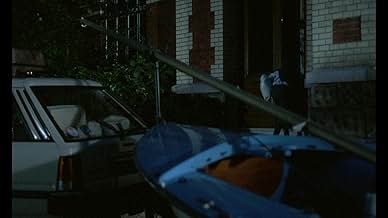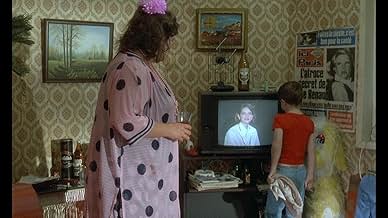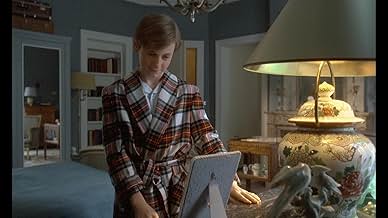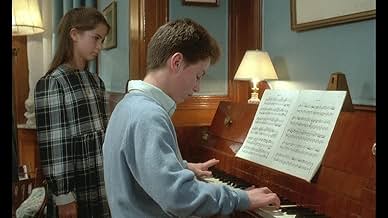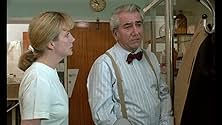La vita è un lungo fiume tranquillo
Titolo originale: La vie est un long fleuve tranquille
Aggiungi una trama nella tua linguaA revengeful nurse switches a girl and a boy at birth. They are raised in two radically different families. When the switch is revealed many years later, the now teenagers and families need ... Leggi tuttoA revengeful nurse switches a girl and a boy at birth. They are raised in two radically different families. When the switch is revealed many years later, the now teenagers and families need to cope with their new environments.A revengeful nurse switches a girl and a boy at birth. They are raised in two radically different families. When the switch is revealed many years later, the now teenagers and families need to cope with their new environments.

![Guarda Bande-annonce [OV]](https://m.media-amazon.com/images/M/MV5BN2YyMWRlOGYtNWVhNC00YjJkLWJlZjYtMjY0NGMyNTM2ZWU2XkEyXkFqcGdeQXRyYW5zY29kZS13b3JrZmxvdw@@._V1_QL75_UX500_CR0)
